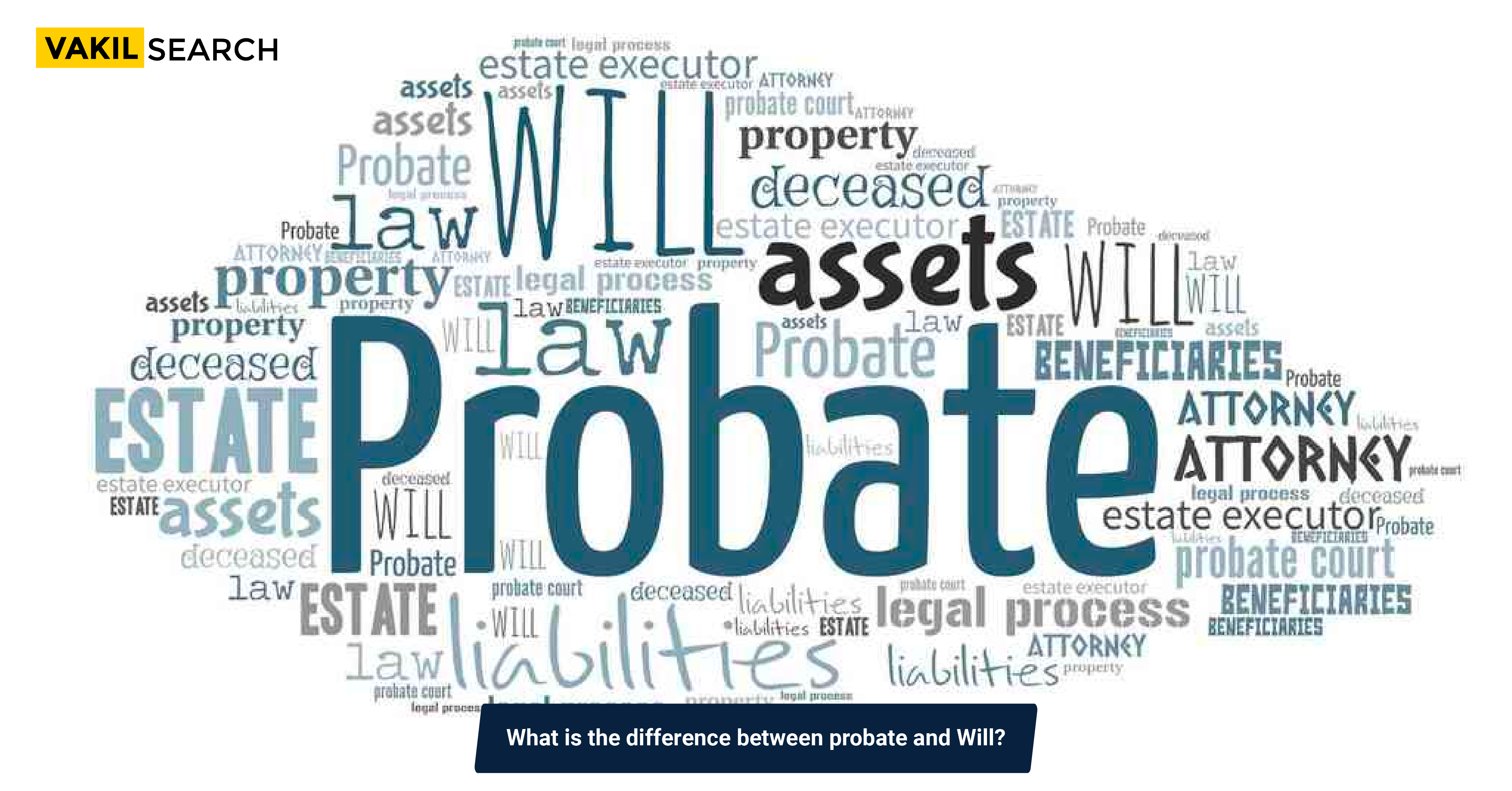Explore the essential distinctions between probate and wills in estate planning. Understand their benefits and role in ensuring a smooth transfer of assets.
Estate planning is a crucial aspect of securing your legacy and ensuring that your assets are distributed according to your wishes after your passing.
Two common terms that often come up in discussions about estate planning are probate and will. While both play pivotal roles in the process, they serve distinct purposes and come into play at different stages of managing an individual’s assets and estate.
In this comprehensive guide, we’ll delve into the key differences between probate and a will, shedding light on their unique functions, benefits, and implications.
Defining Probate: Everything You Need to Know
Probate is a legal process that takes place after an individual’s death. It involves the court’s recognition and validation of the deceased person’s will and the appointment of an executor to oversee the distribution of assets.
Here are some important points about probate:
– Court Oversight: The probate process is supervised by the court to ensure that the deceased person’s wishes, as outlined in their will, are carried out correctly.
– Creditor Notification: During probate, creditors are notified, and any outstanding debts or claims against the estate are settled before assets are distributed to beneficiaries.
– Public Record: Probate proceedings are typically a matter of public record, which means that the details of the estate, its assets, and its beneficiaries are accessible to the public.
Understanding Wills: Everything You Need to Know
A will, on the other hand, is a legal document created by an individual (known as the testator) during their lifetime to outline their wishes regarding the distribution of their assets after death.
Here are some key aspects of wills:
– Asset Distribution: A will specifies how the testator’s assets, such as property, finances, and personal belongings, should be distributed among beneficiaries.
– Executor Appointment: The testator can appoint an executor in their will, who is responsible for carrying out the instructions outlined in the document.
– Guardianship: Wills can also designate guardians for minor children, ensuring their care and well-being in the event of the testator’s passing.
Key Differences: Wills v. Probate
Now, let’s explore the primary differences between probate and wills:
– Timing: Probate occurs after an individual’s death, while a will is created and implemented during their lifetime.
– Court Involvement: Probate involves court oversight, while a will is a private document that does not require court intervention until after the individual’s passing.
– Creditor Settlement: Probate addresses outstanding debts and creditor claims, whereas a will focuses on asset distribution.
– Privacy: Wills remain private documents until the testator’s death, while probate proceedings are typically public in nature.
Frequently Asked Questions (FAQs)
Can assets be distributed without going through probate if there is a will?
In some cases, assets can be distributed without going through full probate if certain conditions are met, such as having a small estate or specific types of assets.
Is it necessary to have a will if the estate will go through probate?
While a will is not required for assets to go through probate, having a will allows the testator to specify their wishes clearly and may simplify the probate process.
Can the terms of a will be changed after it is created?
Yes, a will can be amended or updated through a legal process known as a codicil or by creating an entirely new will. It's important to keep a will up to date to reflect changing circumstances.
The Bottom Line
In estate planning, both probate and wills play crucial roles, but they serve different functions at different stages. A will allows individuals to express their desires regarding asset distribution and guardianship. On the other hand, probate ensures that the wishes outlined in a will are carried out correctly and addresses outstanding debts and claims.
Understanding the distinctions between these two elements is vital for effective estate planning and the seamless transfer of assets to beneficiaries. Consulting with legal experts and professionals in estate planning can help individuals make informed decisions that align with their specific needs and goals.
For assistance connect with Vakilsearch estate planners right away! Our drafting experts can assist you with all things probate and estate planning related!

